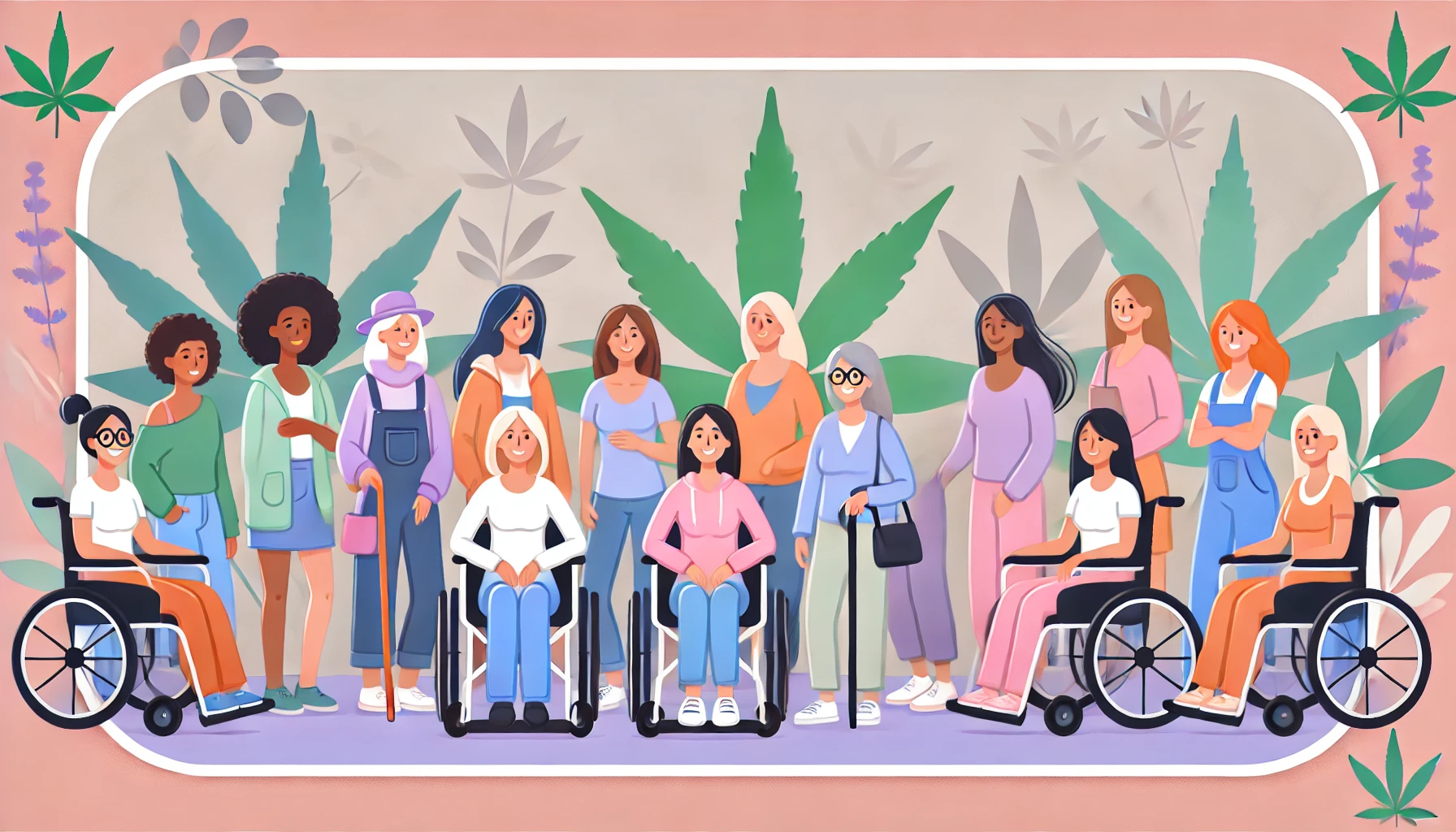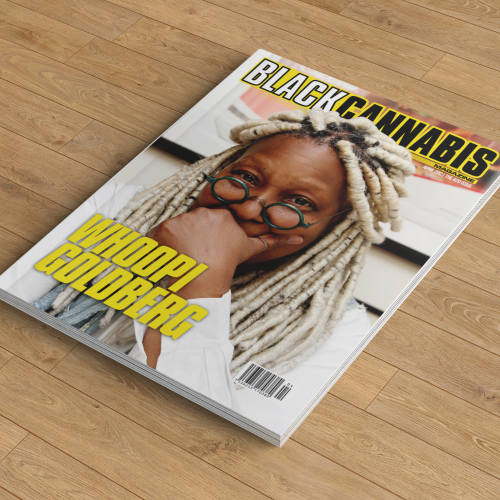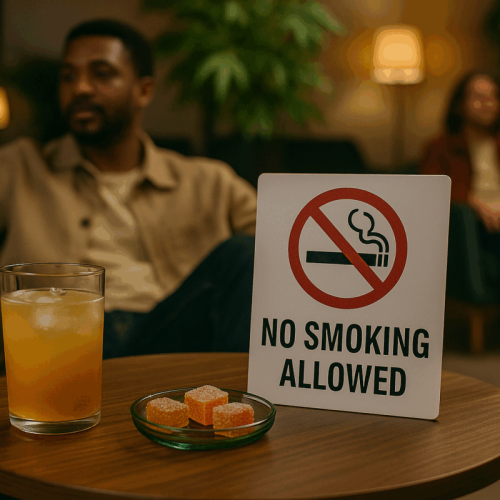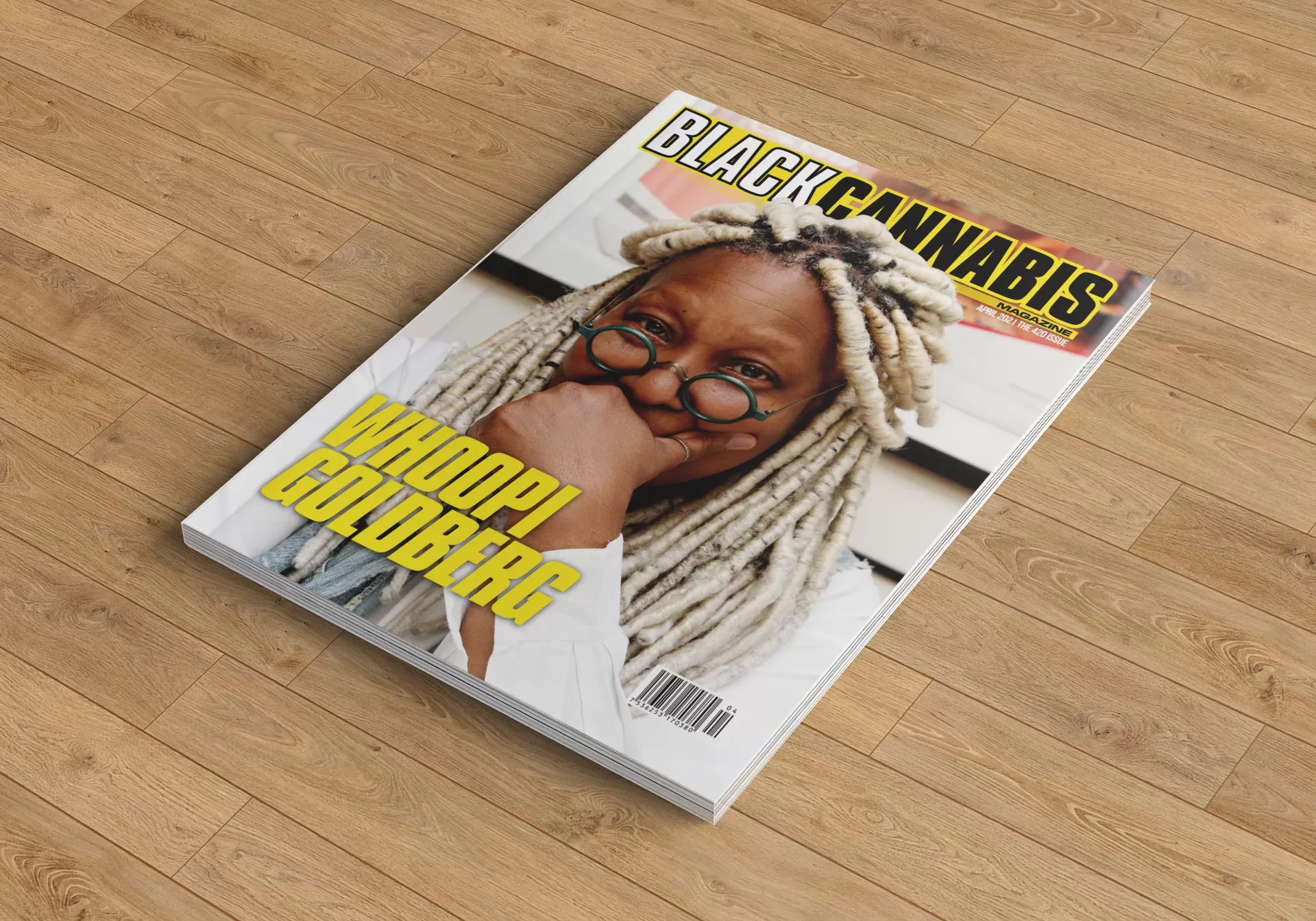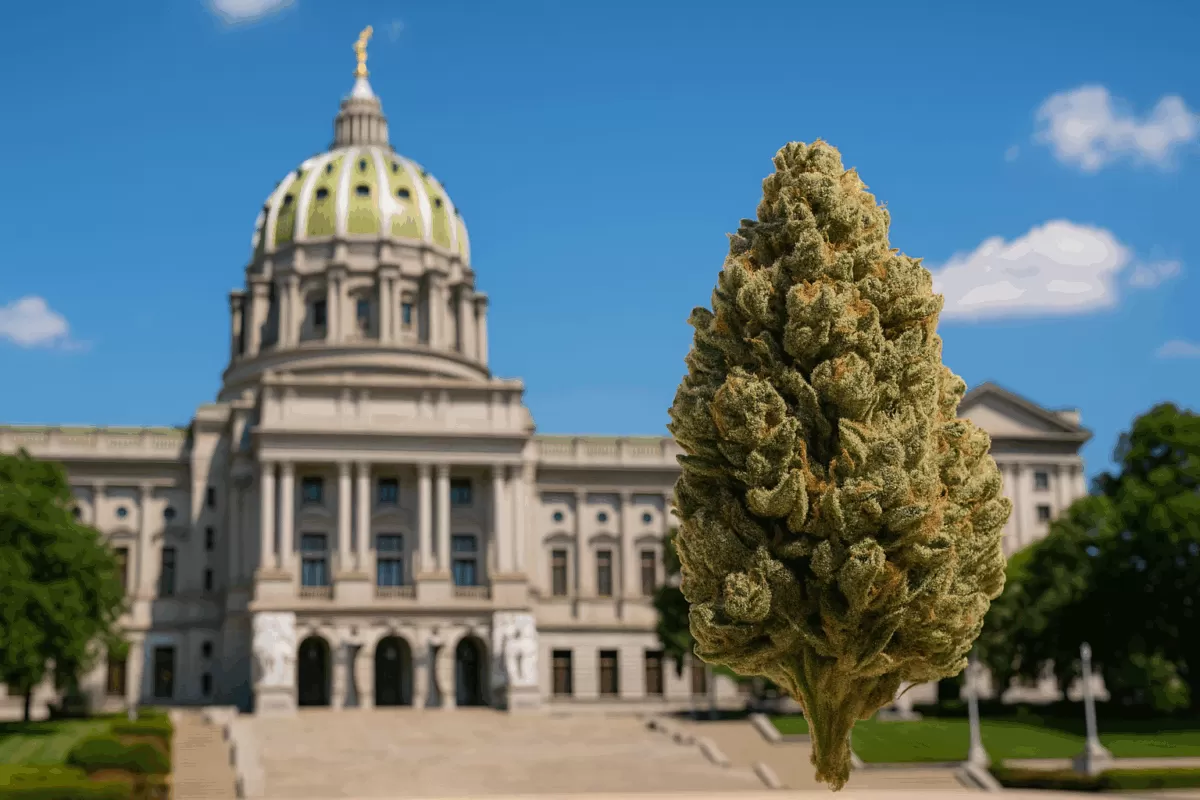Cannabis legalization has swept across numerous states in the United States, leading to a shift in public perception regarding its use. While cannabis is often seen as harmless, particularly for recreational purposes, its effects on certain populations, especially women with disabilities, warrant closer examination. A recent study from Florida Atlantic University sheds light on this critical issue, revealing that a significant percentage of women with disabilities view cannabis as a harmless substance. This article delves into the study’s findings and explores the broader implications for public health and policy.
The Study and Its Significance
Researchers from Florida Atlantic University’s Schmidt College of Medicine analyzed data from the 2021 National Survey on Drug Use and Health. The study focused on 20,234 women aged 18 to 49, categorizing them by disability status, which included sensory, cognitive, and daily activity disabilities. The objective was to assess the perceived risk of harm associated with weekly cannabis use.
Key Findings
Perception of Cannabis Risk
The study’s results are compelling. Approximately 60% of women with disabilities who used cannabis in the past 12 months perceived no risk of harm from weekly cannabis use. This is a stark contrast to the 26.1% of women without disabilities who shared this perception. Overall, 27.4% of women perceived no risk associated with weekly cannabis use, with certain demographics showing even higher percentages.
Demographic Insights
Women aged 21 to 29, those never married, non-Hispanic Black women, and those living in poverty showed higher rates of perceiving no risk from cannabis use. Additionally, women who perceived their health as fair or poor and those who had experienced a major depressive episode in the past year were more likely to view cannabis as harmless.
Health Implications
The perception of cannabis as a harmless drug among women with disabilities raises significant health concerns. Cannabis use during pregnancy has been linked to adverse birth outcomes, such as low birth weight and preterm delivery. Furthermore, cannabis can affect sex hormones, impacting fertility and ovulation.
Public Health and Policy Recommendations
Given the rising rates of cannabis use and changing perceptions, a multi-faceted approach is necessary to address cannabis use among vulnerable populations. Clinical guidance, provider and patient education, and evidence-based public health programs are crucial. Obstetrician-gynecologists play a vital role in educating patients about healthy behaviors and referring those at risk to addiction treatment professionals.
The Role of Legalization
Interestingly, the study found that women living in states with legalized medical cannabis were less likely to perceive no risk from using cannabis weekly compared to those in states without legal cannabis. This suggests that legalization alone does not necessarily lead to a perception of harmlessness but may involve more nuanced views shaped by local policies and educational efforts.
Conclusion
The findings of this study highlight the urgent need for comprehensive cannabis education and screening programs targeted at women with disabilities. As legalization continues to spread, it is imperative to address the unique challenges faced by this vulnerable population. By fostering informed attitudes and behaviors, we can mitigate the potential health risks associated with cannabis use.

